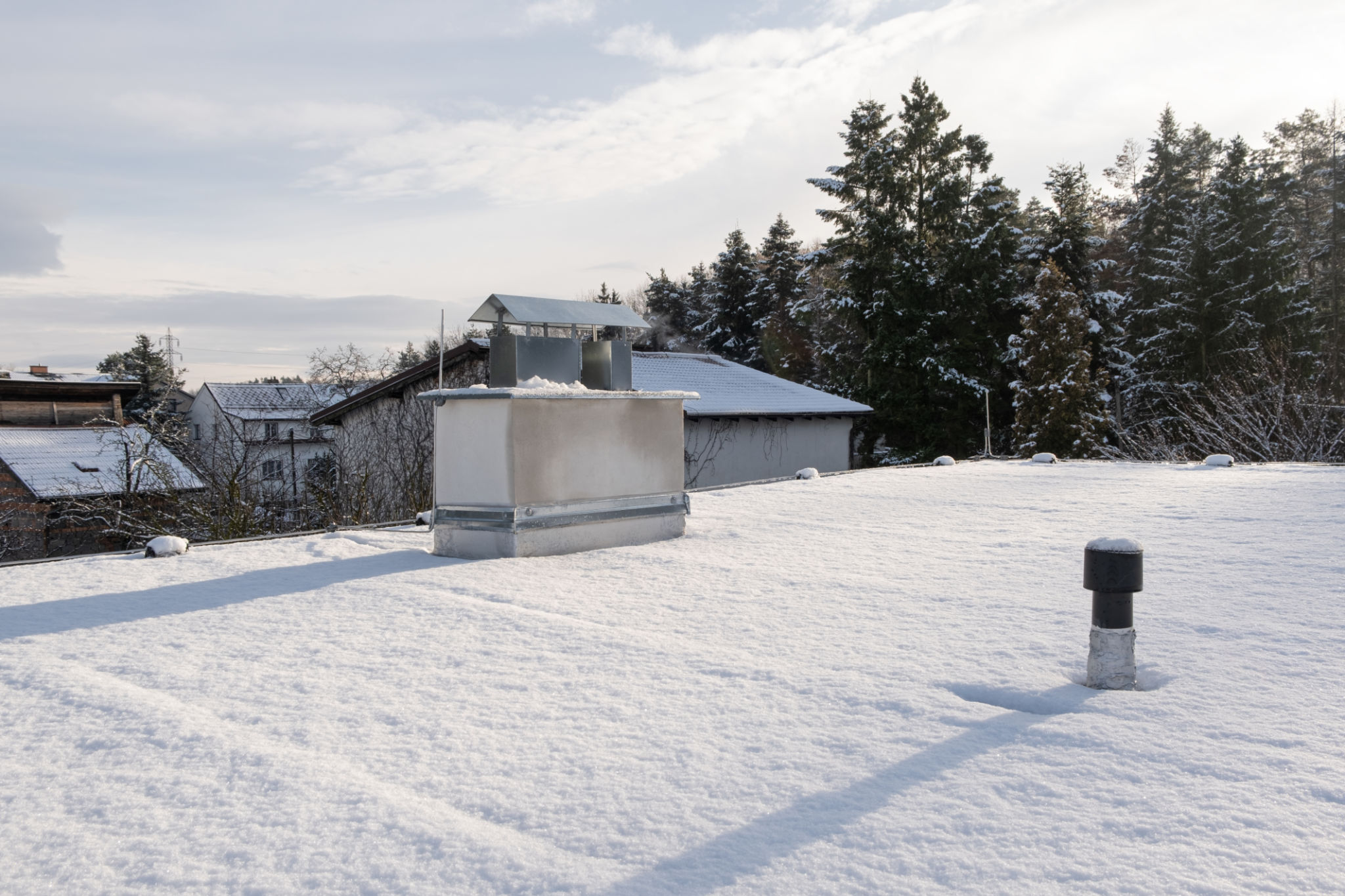Seasonal Guide: Preparing Your IT Infrastructure for Winter
Understanding Seasonal Challenges
As winter approaches, businesses must prepare their IT infrastructure to face the unique challenges that come with colder temperatures, unpredictable weather, and increased demand on systems. Ensuring your IT infrastructure is resilient and ready can prevent disruptions and promote seamless operations throughout the season.

Assessing Your Current Infrastructure
The first step in preparing for winter is to conduct a thorough assessment of your current IT infrastructure. Identify any vulnerabilities or outdated systems that could be compromised during extreme weather conditions. This assessment should include hardware, software, and network components. Regular maintenance checks are crucial to ensure everything is running optimally.
Strengthening Physical Security
Winter weather can bring about physical threats such as snow, ice, and power outages. It's important to ensure that your server rooms and data centers are well-protected against these elements. Implementing backup power solutions such as generators or uninterruptible power supplies (UPS) can safeguard against power failures.

Enhancing Network Reliability
The increased likelihood of remote work during winter months means that network reliability is more important than ever. Ensure that your network can handle increased traffic and that remote access solutions are both secure and efficient. Consider investing in software-defined networking (SDN) to improve flexibility and control over your network.
Data Backup and Recovery
Data loss due to hardware failure or network issues can be more prevalent in winter. Establish a robust data backup and recovery plan to protect against these risks. Regularly test your backup systems to ensure data can be recovered quickly in case of an emergency.

Optimizing Software and Systems
Winter offers a great opportunity to review and update all software applications and systems. Ensure that all patches and updates are applied, as these often contain critical security enhancements. In addition, consider implementing virtualization technologies to improve efficiency and reduce hardware dependency.
Training and Communication
Equip your team with the necessary skills to handle potential IT issues by offering regular training sessions. Establish clear communication protocols so that employees know how to report issues quickly and effectively. A well-informed team can significantly reduce the impact of IT disruptions.
Collaborating with Experts
If managing IT infrastructure becomes overwhelming, consider collaborating with external experts or managed service providers. These professionals can offer valuable insights and support tailored to your specific needs, ensuring your systems are resilient against winter challenges.

In conclusion, preparing your IT infrastructure for winter is not just about preventing problems but also about seizing the opportunity to optimize systems for better performance year-round. With the right strategies in place, your business can thrive despite the seasonal challenges.
